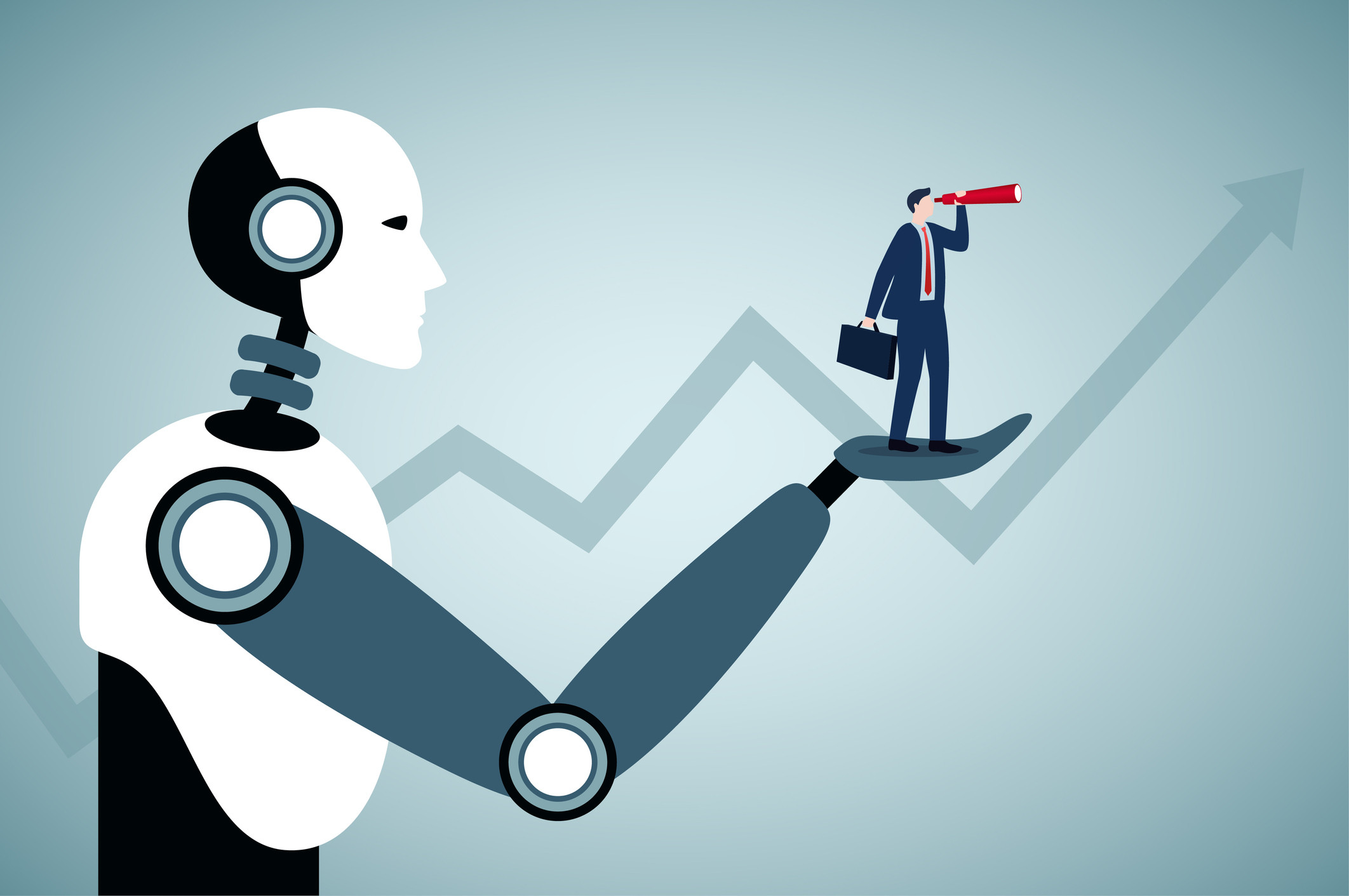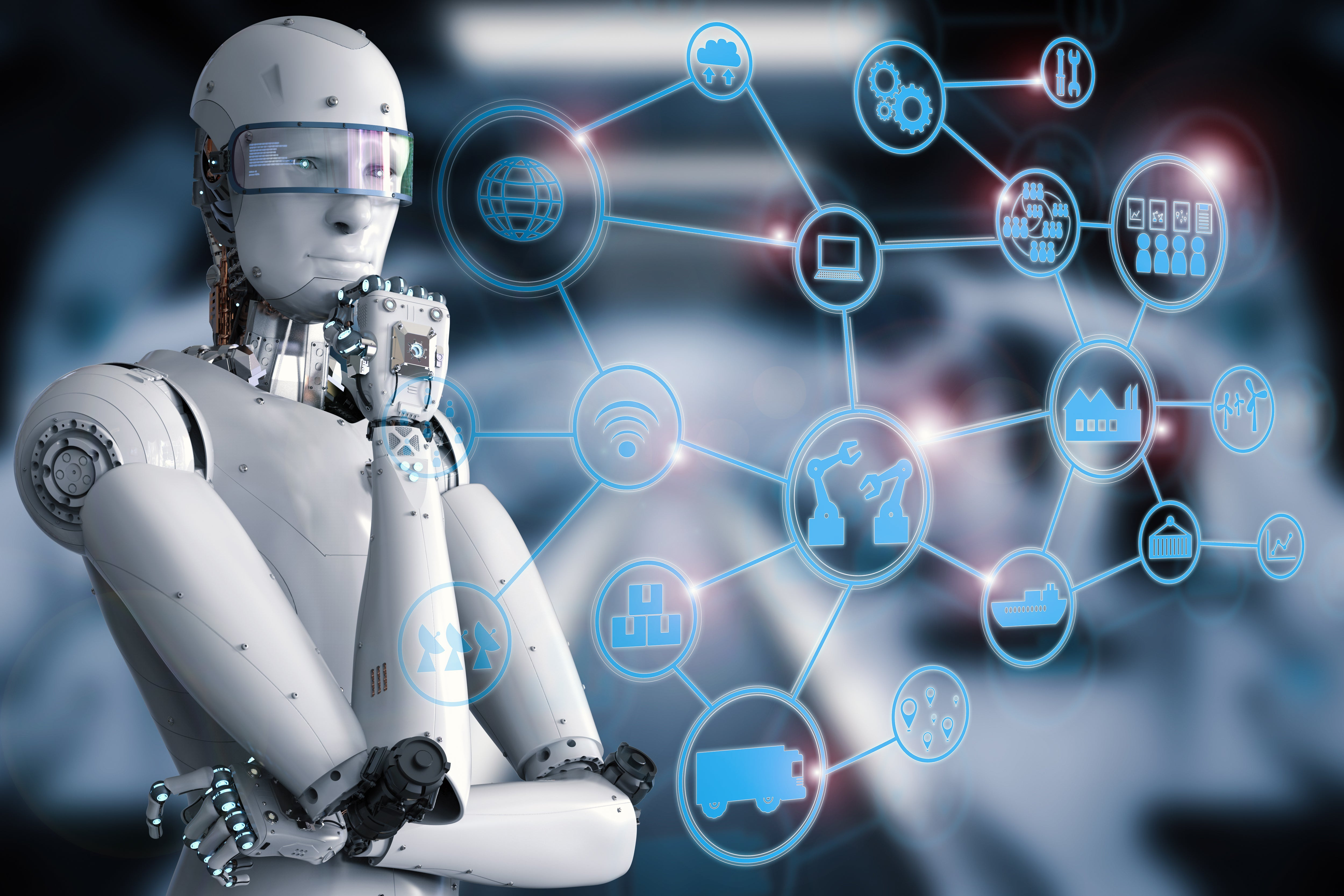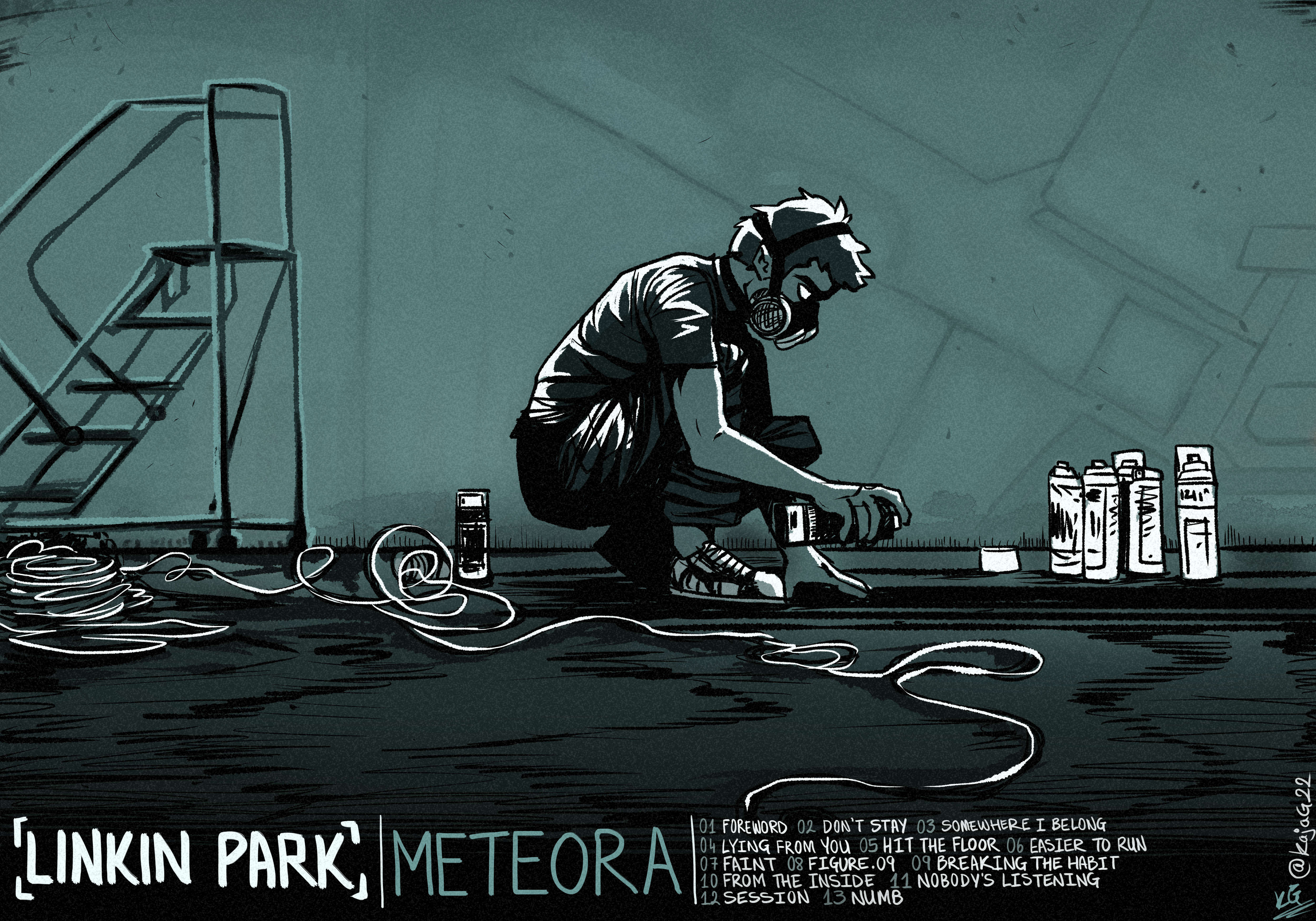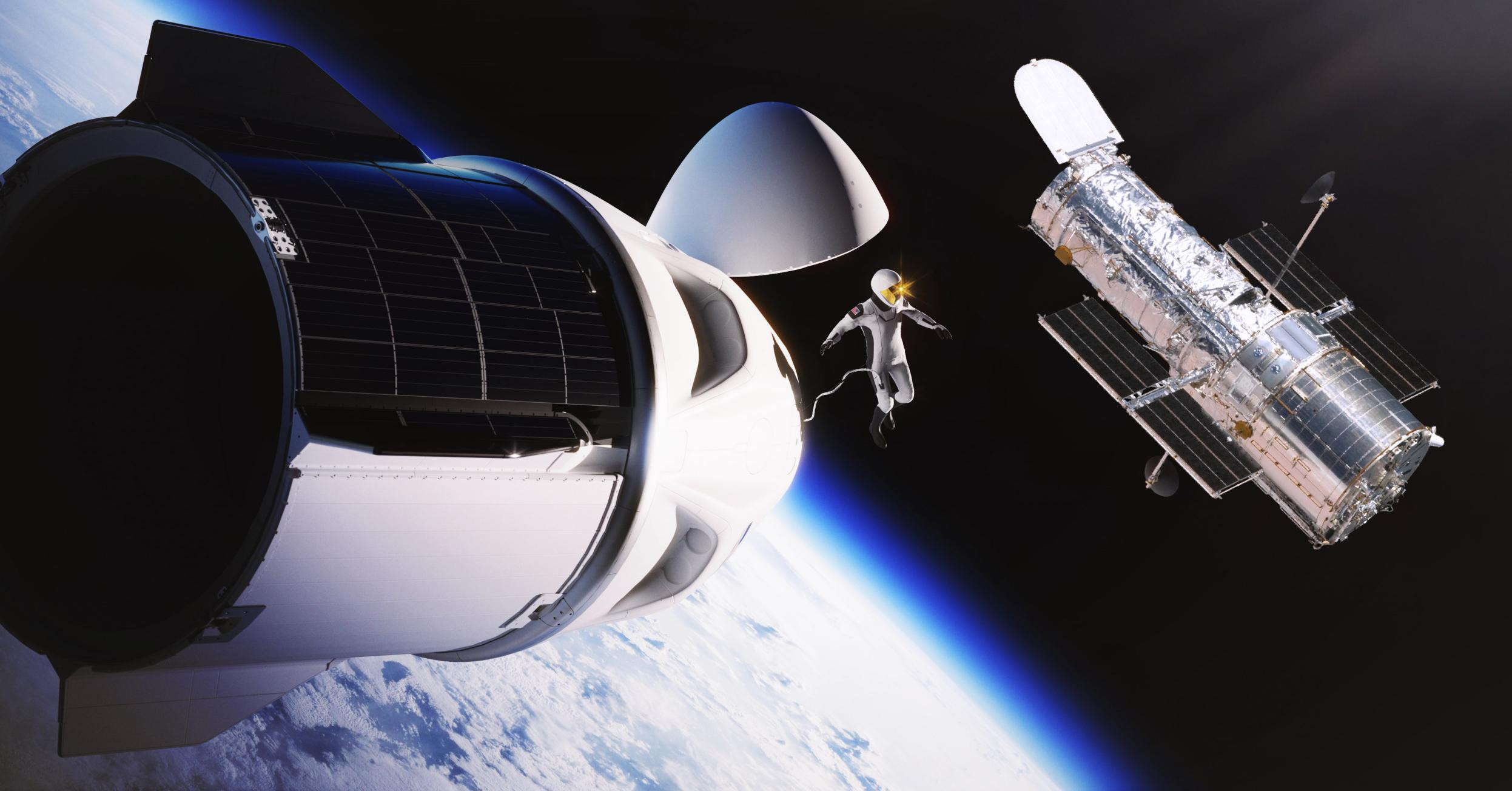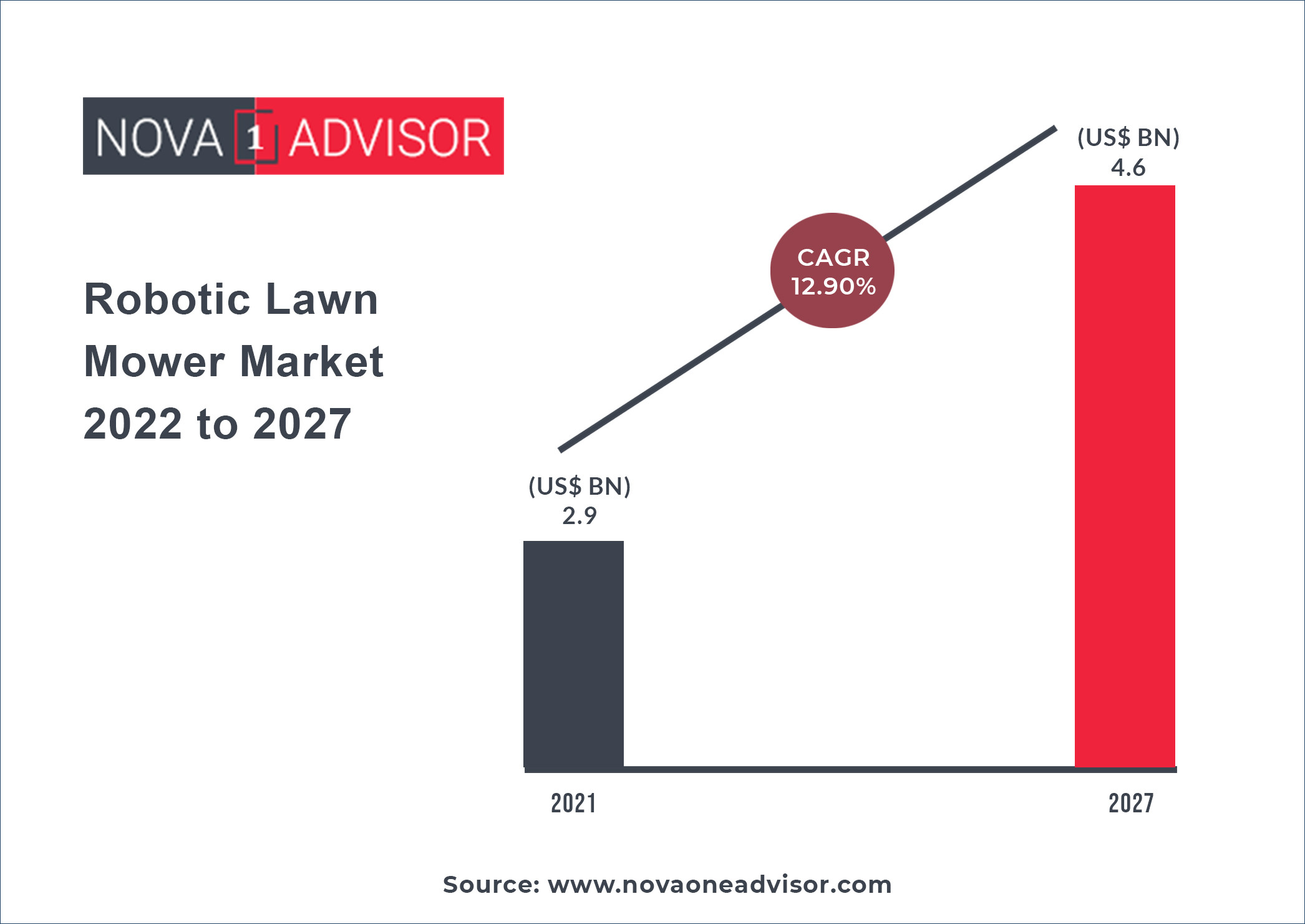The Rise of AI in the Workplace: A New Era of Work
Artificial intelligence (AI) is no longer a futuristic concept. It's a reality that's transforming how we work, live, and interact with the world around us. While AI has been steadily growing in influence for years, its impact on the workplace is becoming increasingly evident. From automating routine tasks to creating new opportunities, AI is shaping the future of work, raising both excitement and concerns.
Automation: The Double-Edged Sword of AI
One of the most visible impacts of AI in the workplace is automation. AI-powered tools are capable of performing repetitive tasks with accuracy and speed that surpasses human capabilities. This automation can be a boon for businesses, improving efficiency, reducing errors, and freeing up human workers to focus on more complex and creative tasks.
For example, AI-powered chatbots are now handling customer service inquiries, automating tasks that previously required human agents. This frees up customer service representatives to handle more complex queries and provide personalized support. Similarly, AI is being used in manufacturing to optimize production lines, identify potential issues, and improve quality control. This automation leads to increased productivity and reduced costs for manufacturers.
However, the automation of jobs raises concerns about job displacement. As AI takes over routine tasks, some jobs may become obsolete. This potential for job displacement is a major concern for workers and policymakers alike.
New Opportunities Emerge
While AI may automate some jobs, it also creates new opportunities. As businesses adopt AI, new roles and skills are in demand. Companies need specialists to develop, implement, and manage AI systems, as well as individuals with the skills to work alongside AI.
For example, AI data scientists are in high demand to develop and train AI models, while AI engineers are needed to integrate these models into business operations. Additionally, there is a growing need for individuals with skills in AI ethics, ensuring that AI systems are developed and used responsibly.
The Importance of Adaptability and Upskilling
In this rapidly evolving landscape, adaptability and lifelong learning are crucial. The skills that are in demand today may not be relevant tomorrow, as AI continues to advance. Therefore, it's essential to embrace continuous learning and develop skills that are transferable and in high demand.
Here are some tips for adapting to the AI-driven workplace:
- Develop in-demand skills: Explore skills like data analysis, programming, AI ethics, and problem-solving. These skills will be valuable in an AI-driven world.
- Embrace lifelong learning: Stay up-to-date with the latest AI advancements and trends by taking online courses, attending workshops, or reading industry publications.
- Network with AI professionals: Connect with individuals working in AI and learn about the industry from their experiences.
- Focus on creativity and critical thinking: AI may automate routine tasks, but it cannot replicate human creativity and critical thinking. Develop these skills to stand out in the AI-driven workplace.
AI: A Force for Good or a Threat?
The impact of AI on the future of work is a complex and multifaceted issue. While AI has the potential to improve efficiency, productivity, and create new opportunities, it also raises concerns about job displacement and the need for ongoing adaptation.
Ultimately, how AI impacts the future of work will depend on how we, as a society, choose to embrace and manage it. By fostering collaboration between humans and AI, investing in education and training, and promoting ethical development and deployment of AI, we can harness the power of AI to create a more prosperous and equitable future for all.
The Future is Now: Embracing the AI Revolution
The AI revolution is here, and it's not going away. By understanding the potential of AI, developing the necessary skills, and embracing lifelong learning, we can navigate this new era of work with confidence and create a brighter future for ourselves and future generations.
A Collaborative Future
The future of work is not about humans versus AI; it's about humans working alongside AI. By harnessing the strengths of both humans and AI, we can create a more productive, innovative, and fulfilling workplace for all.
The AI revolution presents both challenges and opportunities. By embracing the change, adapting to the evolving landscape, and fostering a collaborative approach, we can unlock the full potential of AI and shape a future where humans and machines work together to achieve greater things.





